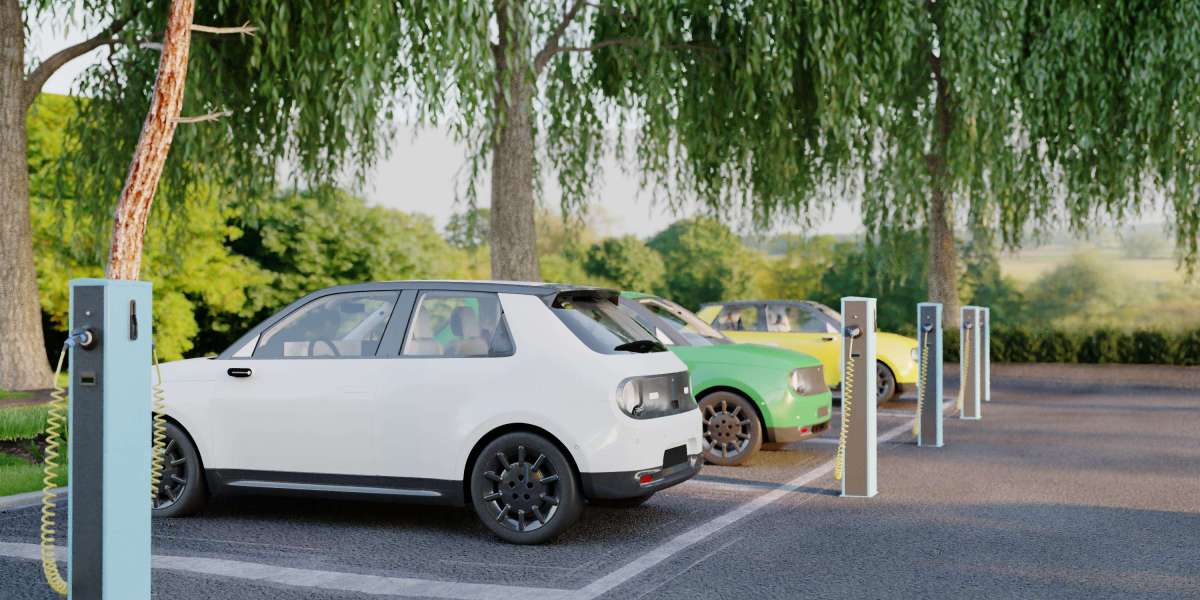Fuel injectors(https://a-premium.com/fuel-injector) are a crucial part of modern internal combustion engines, responsible for delivering precise amounts of fuel into the engine’s cylinders for combustion. As technology has evolved, fuel injectors have largely replaced carburetors, offering superior fuel efficiency, lower emissions, and better overall engine performance. In this article, we will explore the function of fuel injectors, their types, common problems, and maintenance tips to keep your engine running smoothly.
What is a Fuel Injector?
A fuel injector is an electronically controlled valve that sprays fuel directly into the intake manifold or combustion chamber of an engine. It ensures that the correct amount of fuel is mixed with air for optimal combustion. The injector is controlled by the engine’s Electronic Control Unit (ECU), which determines the timing and quantity of fuel delivery based on engine speed, load, and other factors.
Components of a Fuel Injector
A typical fuel injector consists of the following parts:
- Nozzle – The nozzle is responsible for atomizing the fuel into a fine mist for better combustion.
- Valve – Opens and closes rapidly to control fuel delivery.
- Solenoid or Piezoelectric Actuator – Controls the injector’s opening and closing based on signals from the ECU.
- Filter – Prevents debris and contaminants from clogging the injector.
- O-rings and Seals – Prevent fuel leaks and maintain proper pressure.
How Fuel Injectors Work
Fuel injectors operate under high pressure to ensure fuel is finely atomized for efficient burning. The process involves several steps:
- Fuel Pressurization – The fuel pump sends pressurized fuel to the injector.
- ECU Signal – The engine’s computer determines how much fuel is needed and sends an electric signal to the injector.
- Injector Opens – The solenoid or piezoelectric actuator opens the injector valve, allowing fuel to spray into the engine.
- Combustion – The fuel mixes with air and ignites, powering the engine.
- Injector Closes – Once the fuel is delivered, the injector valve shuts off until the next cycle.
This precise timing ensures optimal performance, fuel efficiency, and reduced emissions.
Types of Fuel Injectors
There are different types of fuel injectors based on how and where fuel is injected:
1. Port Fuel Injectors (PFI)
- Injects fuel into the intake manifold just before the intake valve.
- Common in gasoline engines.
- Offers good fuel efficiency and lower emissions.
2. Direct Fuel Injectors (GDI)
- Sprays fuel directly into the combustion chamber.
- Improves power and efficiency.
- Found in modern gasoline and diesel engines.
3. Throttle Body Injectors (TBI)
- A single injector sprays fuel into the throttle body, mixing with air before entering the engine.
- Less precise than PFI and GDI.
- Used in older fuel-injected engines.
4. Common Rail Direct Injection (CRDI) – Diesel Engines
- Uses a high-pressure common rail to supply fuel to injectors.
- Provides better fuel atomization and efficiency.
- Standard in modern diesel engines.
Common Fuel Injector Problems
Fuel injectors are durable but can develop issues over time due to contamination, wear, or electrical problems. Here are some common problems:
1. Clogged or Dirty Injectors
- Fuel injectors can accumulate carbon deposits, reducing fuel flow and causing rough idling, poor acceleration, and decreased fuel economy.
- Solution: Regular fuel system cleaning and using high-quality fuel additives.
2. Leaking Injectors
- A damaged O-ring or cracked injector can cause fuel leaks, leading to fuel odor, poor performance, and potential fire hazards.
- Solution: Replace worn-out seals or faulty injectors immediately.
3. Misfiring Engine
- If an injector fails to deliver the correct fuel amount, the engine may misfire, leading to rough running and power loss.
- Solution: Diagnose and replace faulty injectors or fix wiring issues.
4. Poor Fuel Economy
- A malfunctioning injector may spray excess fuel, causing a drop in fuel efficiency.
- Solution: Inspect injectors and fix leaks or clogs.
5. Engine Knocking or Detonation
- An injector delivering too much or too little fuel can cause abnormal combustion, leading to knocking sounds.
- Solution: Check fuel injectors and replace if necessary.
Fuel Injector Maintenance Tips
Proper maintenance of fuel injectors can extend their lifespan and ensure optimal engine performance. Here are some tips:
1. Use High-Quality Fuel
- Low-quality fuel contains impurities that can clog injectors. Always use fuel from reputable sources.
2. Regularly Clean the Fuel Injectors
- Use fuel injector cleaners or professional cleaning services to remove carbon buildup.
3. Replace Fuel Filters on Time
- Fuel filters prevent dirt and debris from reaching injectors. Regularly replacing them keeps the injectors clean.
4. Avoid Running on Low Fuel
- Running on empty increases the chances of debris entering the fuel injectors. Keep your tank at least a quarter full.
5. Inspect for Leaks and Damage
- Check for fuel odors, leaks, and rough engine performance, as these can indicate injector issues.
When to Replace Fuel Injectors
While fuel injectors can last over 100,000 miles with proper maintenance, they may eventually wear out. Consider replacing them if:
- The engine consistently misfires.
- Fuel economy drops significantly.
- You experience hard starts or rough idling.
- There are visible fuel leaks near the injectors.
Professional testing with a diagnostic scanner or injector flow test can confirm whether replacement is necessary.
Conclusion
Fuel injectors are essential for efficient engine performance, fuel economy, and emissions control. Understanding their function, types, and common issues can help you maintain them properly and avoid costly repairs. Regular cleaning, using high-quality fuel, and timely inspections can extend the life of your fuel injectors, keeping your vehicle running smoothly for years to come.
By taking care of your fuel injectors, you ensure better fuel efficiency, smoother acceleration, and a longer lifespan for your engine. Get to know more details of product like this: https://a-premium.com/engine-mount


